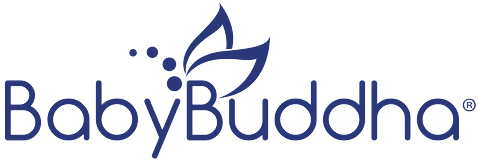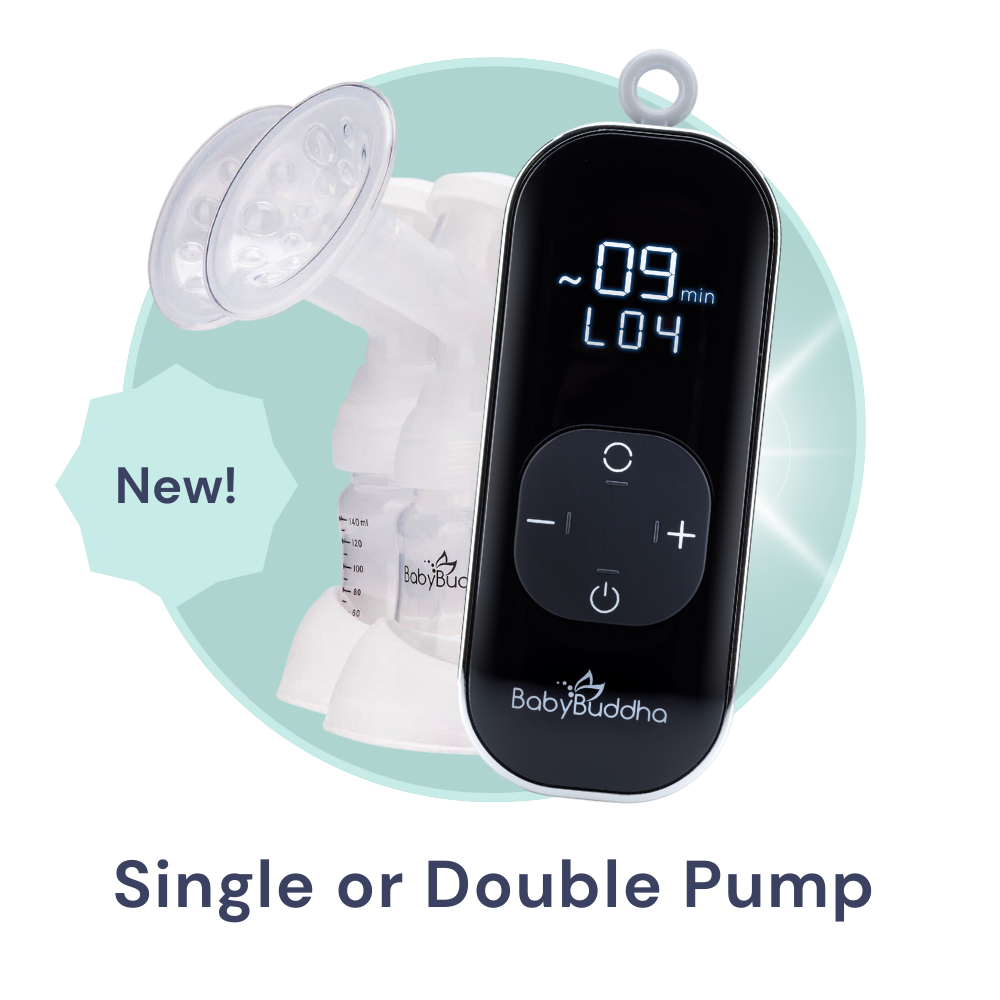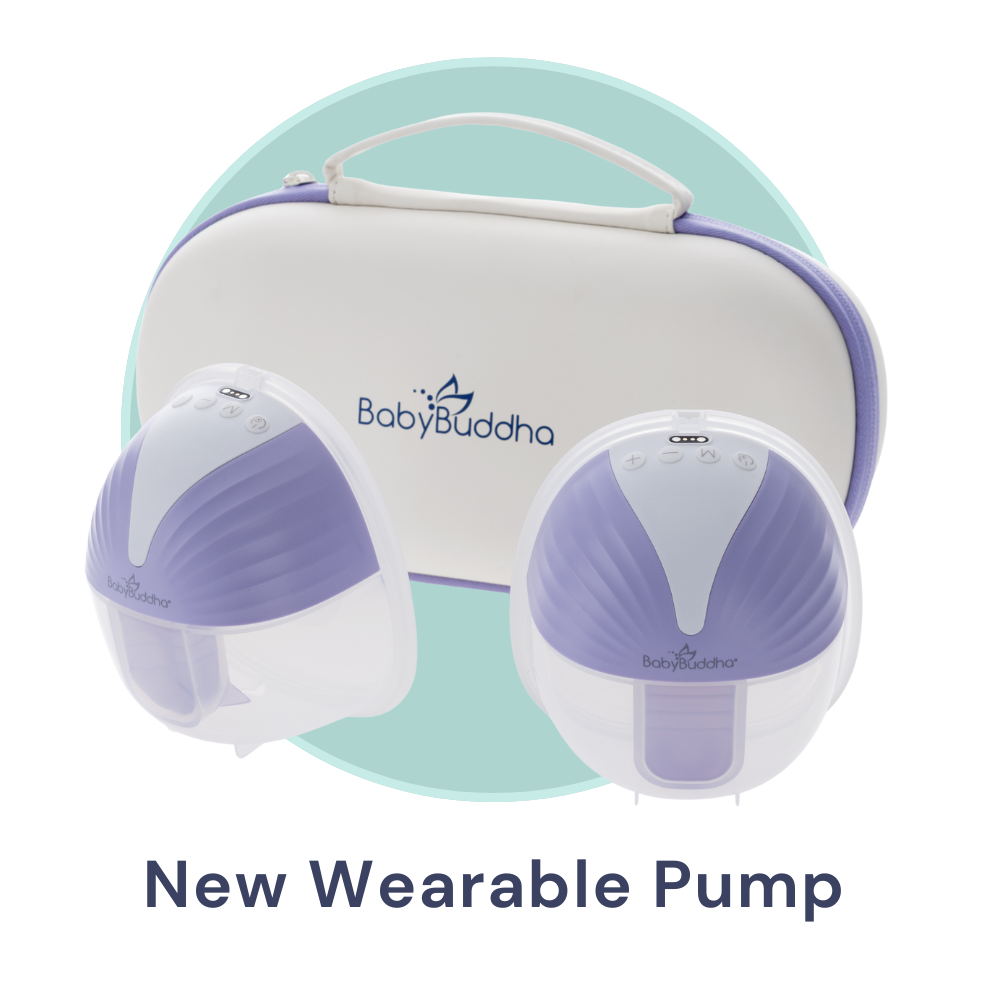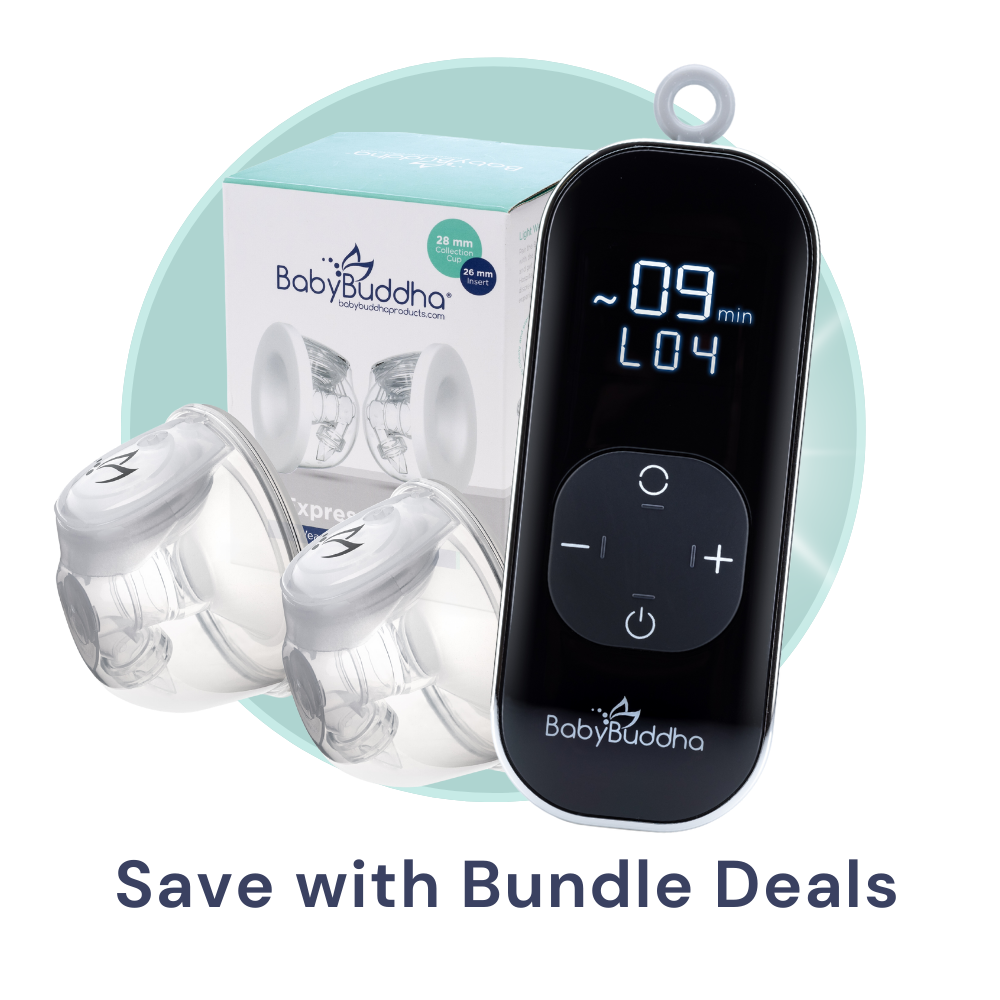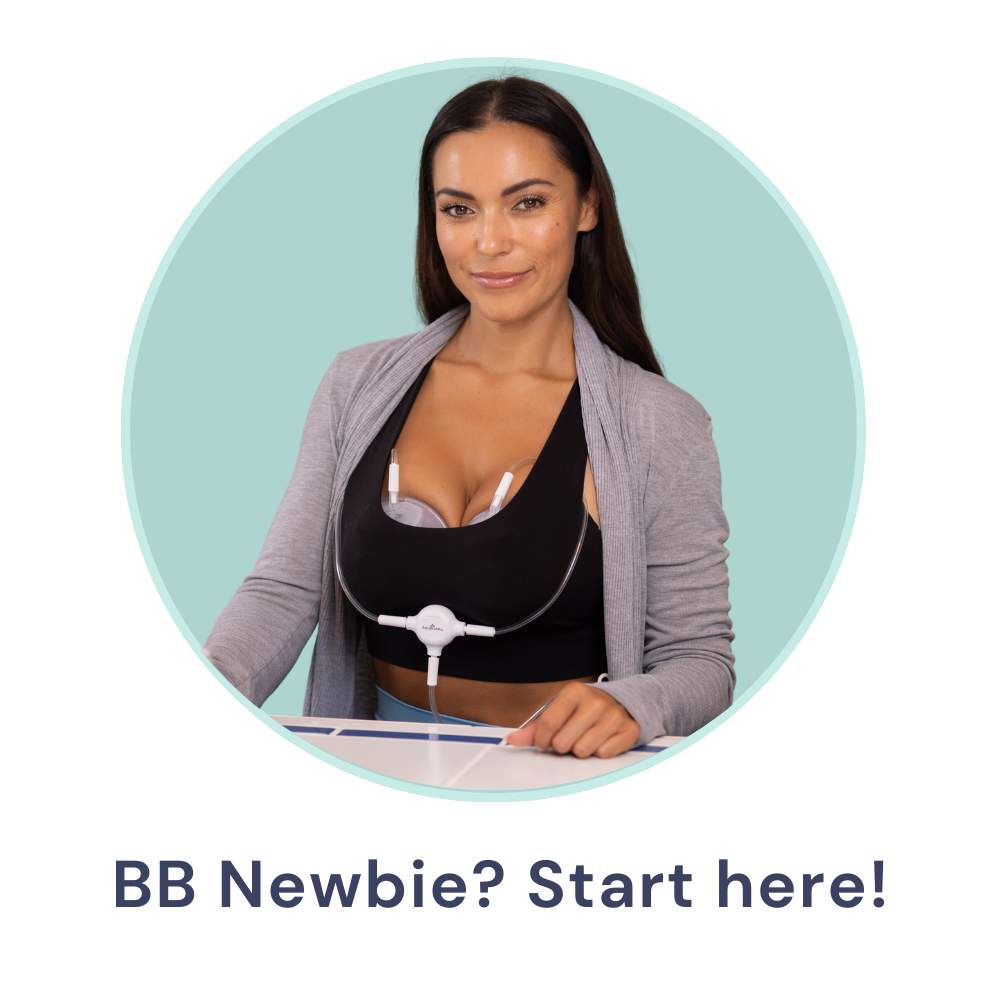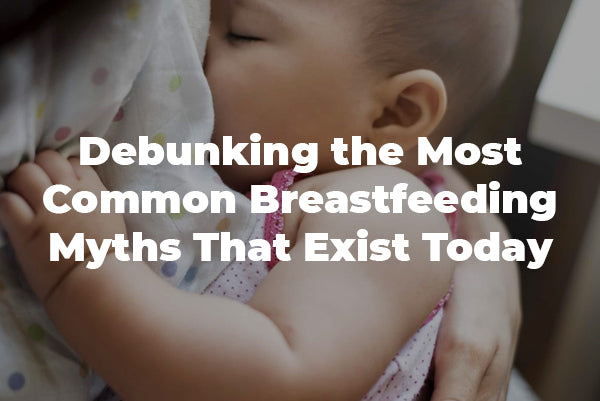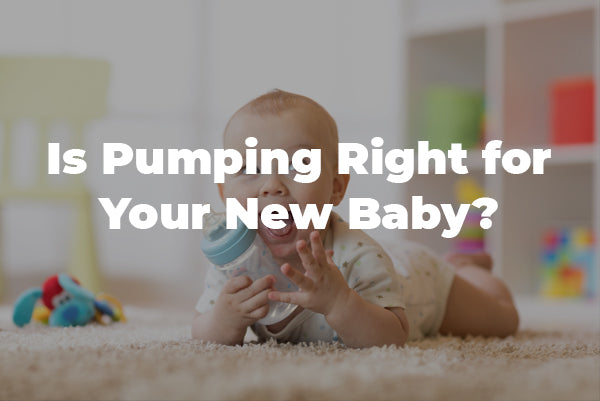You're having a baby soon. You're 100% sure that you want to breastfeed. But you aren't going to be available for breastfeeding all of the time.
That's why you're here: you're searching for a breast pump that will allow you to store and save milk for a later date. That said, you're not sure how to find the right one.
That's where we can help you. Here are 7 factors to consider when buying a breast pump.
1. Cost
At their cheapest, breast pumps can be purchased for around $25. At their most expensive, breast pumps can cost up to $500. In other words, breast pump prices are all over the graph.
For this reason, you need to assess your budget and determine what you're able to spend. There are many other items you're going to have to buy, after all. You don't want to blow all of your money on a single breast pump.
You can find decent pumps at most price ranges. Note, though, that electric pumps usually start at around $100. Anything under $100 is probably a manual pump.
2. Type
In general, there are two breast pump options: manual breast pumps and electric breast pumps. Before you purchase anything, you need to decide on which type of breast pump would better accommodate you.
Manual pumps cost less. That said, they're not quite as functional either. They require you to pull a lever with your hand but do, ultimately, serve the same purposes as electric pumps.
A manual pump is best for someone who has time on their hands. So, if you're, for instance, staying home with your baby, you could probably make do with a manual pump.
Note, though, that, in order for a manual pump to be consistently effective, the mother's milk supply must already present. If you're struggling to produce milk, a manual pump probably won't suit you.
Electric pumps cost more but are also much more effective. They work faster, they're better at stimulating a milk supply, and, well, they leave your hands open so that they can do other things. When you're raising a newborn baby, every extra hand matters.
So, consider your needs and choose the type of pump that best aligns with your situation. If you have the extra money, though, an electric pump is almost always the ideal option.
3. Closed System vs Open System
Another thing you're going to want to consider is whether the pump has a closed system or an open system. This makes a difference, as it determines how well the pump will maintain itself. In short, if it has an open system, it will be more difficult to maintain.
Now, what exactly do these terms mean? They refer to the relation between the tubes and the pump. If the tubes are connected directly to the pump without a barrier, the pump has an open system; if they have a barrier between them, the pump has a closed system.
Closed system pumps don't allow milk to overflow and go back up into the tubes. As such, they create a much more hygienic environment for the milk.
For this reason, closed system pumps are highly recommended. They're cleaner, more functional, and much easier to maintain.
4. Suction
One of the most important aspects of any breast pump is suction ability. The more suction a breast pump has, the faster and more successful it will be at collecting milk from your breast. In addition, high-suction breast pumps can help relieve breast milk clogs.
Most electric pumps come with different levels of suction. Their dials can be adjusted to facilitate different levels.
Manual pumps are generally only capable of one level of suction. So, if you're going to buy a manual pump, you had better make sure that its level of suction is sufficient.
5. Comfort
Something else you'll want to take into account is comfort. You want the cups on your breast pump to fit against your breasts comfortably. If you're not careful in your selection, your chosen cups could cause pain and chafing.
A single pumping session could take up to 30 minutes. That's 30 minutes of constant contact with the pump's cups. So, if they're not comfortable, you can bet your bottom dollar that you're going to have a bad time.
6. Portability
Another important thing to consider when choosing a breast pump is portability. In short, many breast pumps aren't portable. They must be plugged into walls, meaning that you must remain stationary while they perform their function.
Fortunately, there are portable breast pumps available, and we're not just talking about manual models. There are battery-powered electric portable breast pumps that will pump for you while you move from place to place.
The choice is, of course, up to you. But, if you want the most functionality possible, you should opt for a portable option.
7. Lifespan
One last thing to consider when choosing a breast pump is its lifespan. After all, you don't want to spend money on a breast pump that dies out within months of first being used. In fact, if you plan on having several children, you want something that will thrive for years.
Now, how do you determine a pump's lifespan? The best course of action is to read reviews from past buyers. These should help give you an idea as to how long each pump will operate.
Interested in Buying a Breast Pump Now?
Now that you know a little something about purchasing breast pumps, you might be interested in buying a breast pump now. If so, we here at BabyBuddha have you covered.
We're a top-notch breast pump manufacturer with a solid selection of high-quality products. Our portable breast pump is fast, durable, and effective, capable of accommodating every new mother under the sun. Our manual pump is highly useful as well, allowing you to pump without the use of electricity.
Take a closer look at our electric breast pump now!
